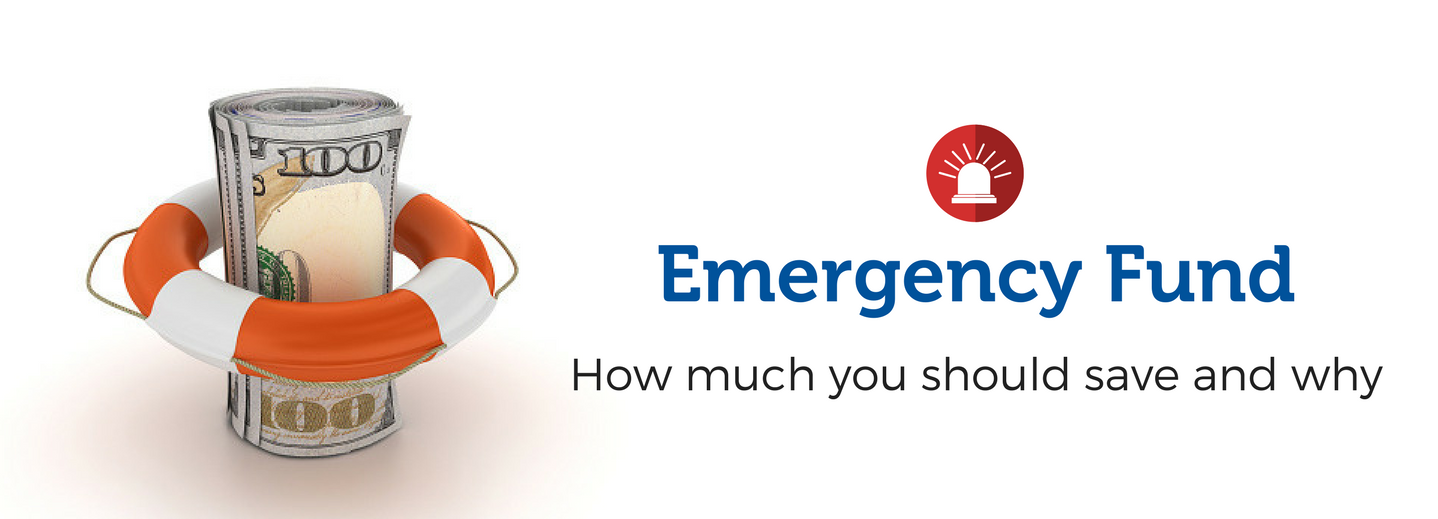Emergency Fund: How much you should save and why

While you may not be able to prepare for the unpredictable, you can (and should!) plan for life’s financial surprises. Here are some reasons for placing your safest bet yet – establishing an emergency fund.
What is it?
An emergency fund is… well, exactly what it sounds like – a portion of finances set aside by you and/or your family to be used in the event of an emergency. The money in an emergency fund should be used to help with monthly expenses and/or the ‘emergency’ itself. Any money allocated into an emergency fund should be thought of as untouchable. This account isn’t the same as those created for rainy days or vacation savings, and any money put towards an emergency fund should be treated accordingly and only dipped into when it’s absolutely essential.
Why have one?
Think about car or health insurance – these are services people pay for regularly in hopes of never having to use them; services that certainly nobody wants to be without during times of trouble, such as a car accident or medical issue. Consider an emergency fund as a financial safety net when life surprises you with unexpected costs.
When should it be used?
Out-of-pocket medical expenses, loss of employment, last-minute travel arrangements, and emergency home repairs are just some examples of stressful situations many people face at some point in their lives. That’s where having a fund specifically in place for such circumstances makes all the difference and, if nothing else, simply provides peace of mind.
How much should I save?
Though the amount and frequency of contributions vary depending on the person, do your best to at least get started. To get started try to set up an account buffer, which ideally would be an amount around $1,000 or whatever your two-week paycheck is after taxes and deductions (whichever’s greater). If either amount seems overwhelming, adjust accordingly – you’d be better off beginning with a lower deposit you’re comfortable with and building over time. When you are ready to do some serious saving, check out this online emergency fund calculator to give you a better idea of how much you and your family should be saving.
Additional tips:
- Whenever you do need to utilize your emergency fund, make a note to pay yourself back. If you treat it like a loan, you’ll be more likely to keep a stable, fixed balance available for the next time it’s needed.
- Clearly define what constitutes an emergency to eliminate any temptation to spend that money. Get together with your family and draft up a list of requirements and stipulations, and always keep one another in the loop if you do make any withdrawals.
- Having trouble sticking to limitations? Set up different accounts for things like vacations, shopping sprees, holiday spending and more to ensure financial optimization and to keep both you and your money in check.
- While your untouched funds will slowly grow overtime depending on your interest rate, don’t factor that in. When you do, you risk getting complacent and over accounting for the fund’s amount, so instead think of it as a reward for your continued commitment.
- Don’t pass up on EVERY opportunity to deviate from your payment plan. Whenever your overall income increases, increase your contribution. If you receive bonuses or a tax refund, commit to saving a percentage of the total amount.
By CAMPUS USA